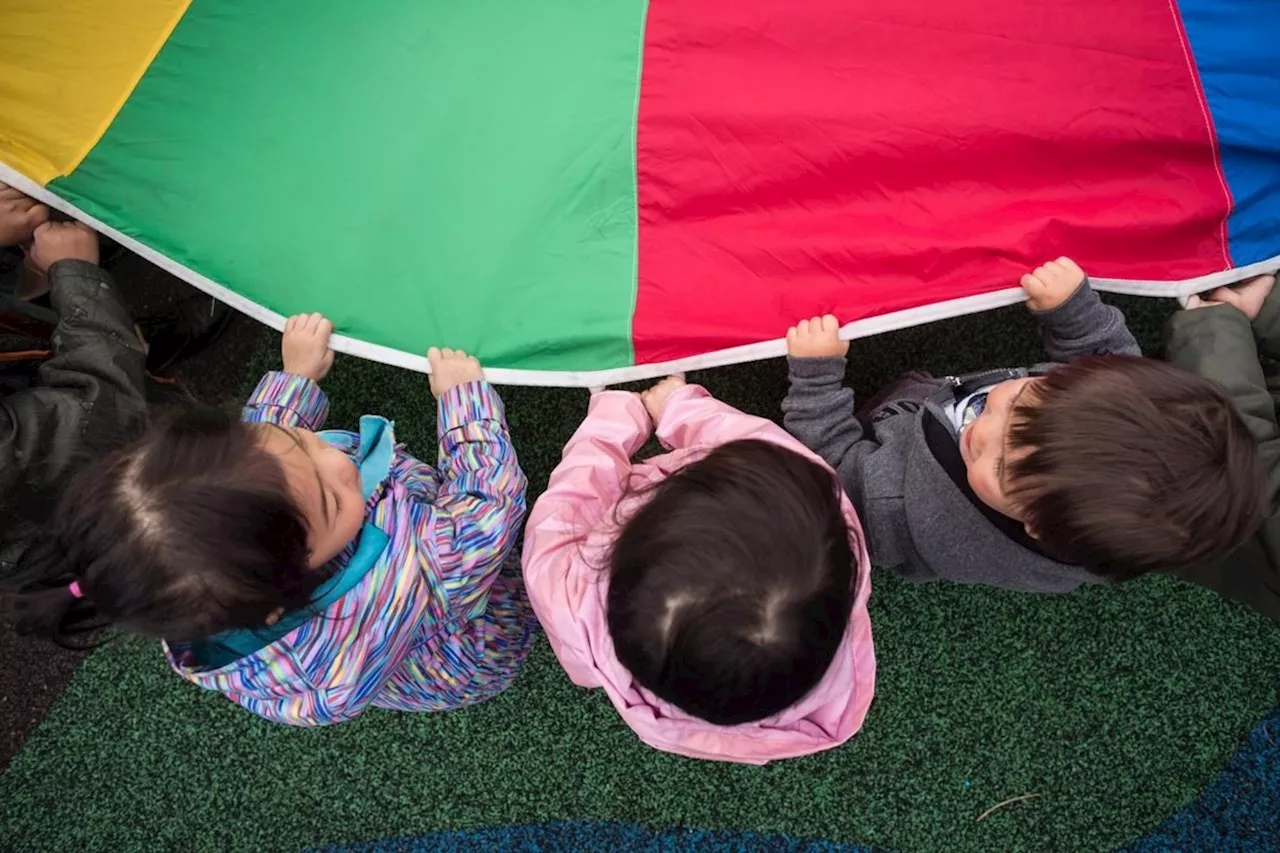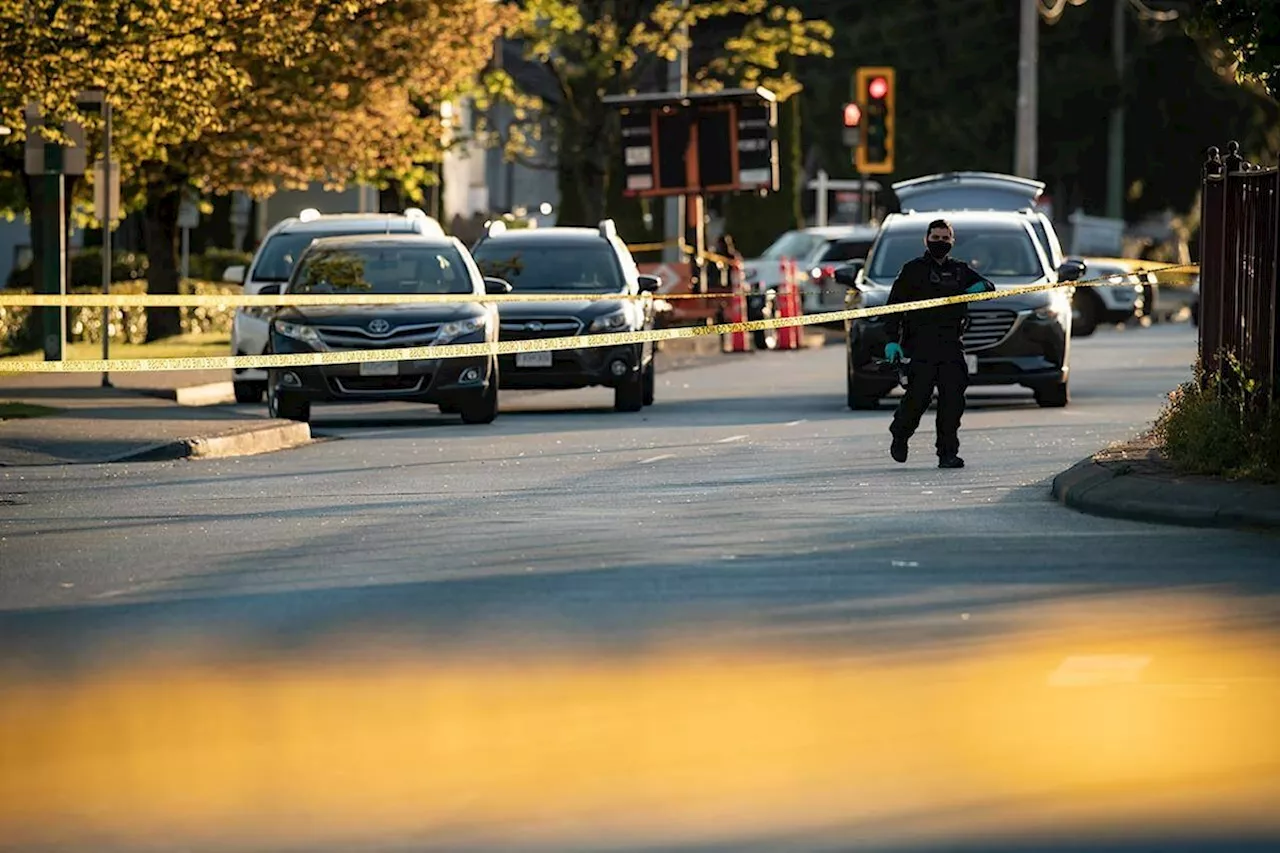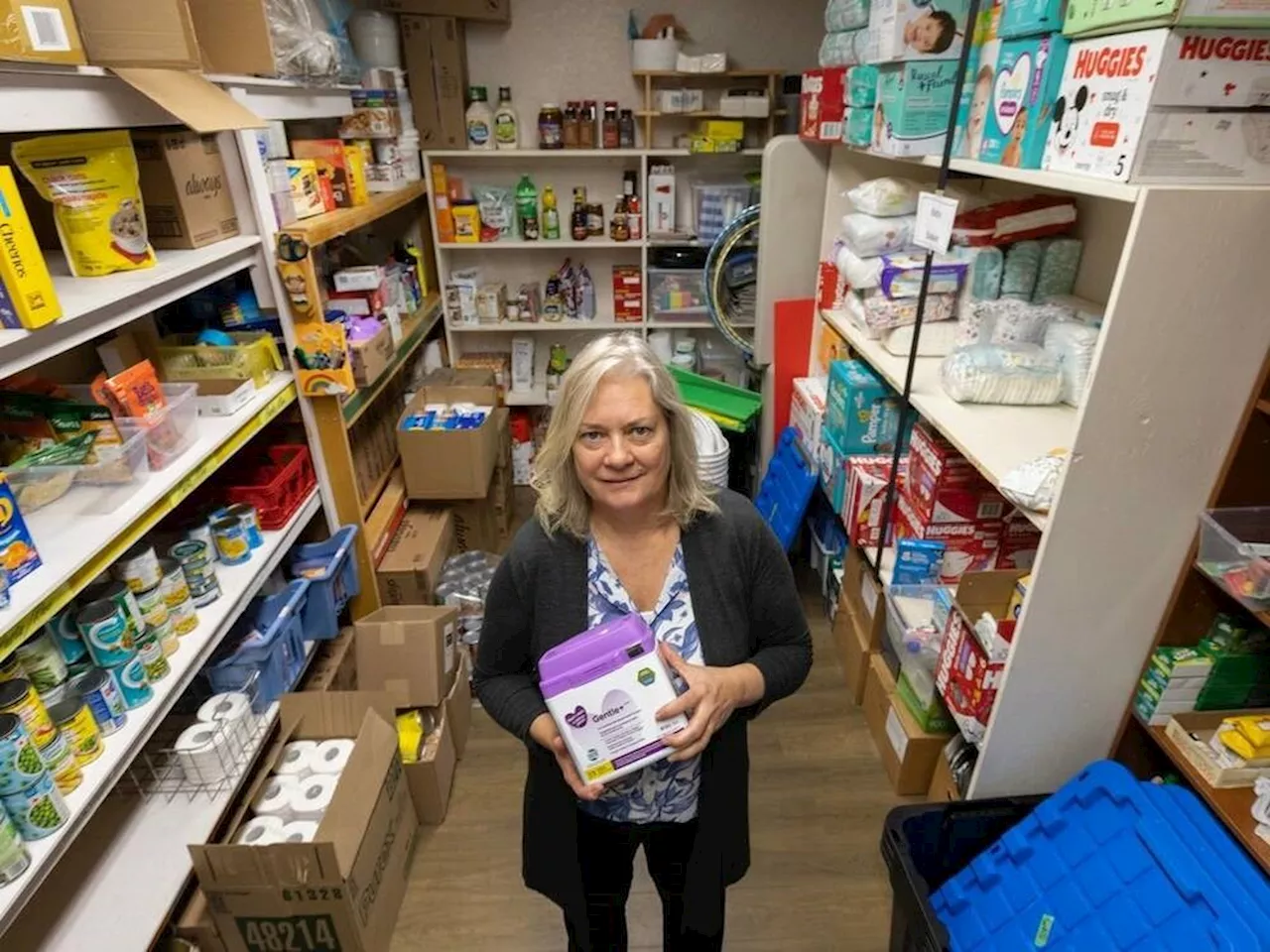The rising cost of infant formula in British Columbia is leading some parents to dilute it with water or replace it with cow's milk, raising concerns about the health of children. The average price of a 900-gram can of infant formula in B.C. has increased by 23% in the past year. Non-profit organizations are struggling to meet the demand for formula and diapers from parents facing rising costs.
The soaring cost of infant formula is forcing some parents to dilute the nutritional supplement with water or replace it with cow’s milk, say B.C. service providers who worry that price increases and continued shortages may be putting kids’ health at risk. Statistics Canada data shows the average price of a 900-gram can of infant formula in B.C. has risen 23 per cent over the past year to $38.12 in September, up from $30.86 a year earlier.
“Moms will go without food themselves to buy formula,” said Karin Rempel, program director for Sardis Doorway in Chilliwack. On Wednesday, the non-profit organization had enough formula for two “baby baskets,” hampers filled with supplies for parents struggling with rising costs. Staff regularly field calls from moms looking for help to buy formula and diapers. Chilliwack parent Candace Green said she is not sure what she would do without the formula she receives through Sardis Doorway’s program for single moms. “The price is ridiculous,” she said. Green was unable to continue breastfeeding her 11-month-old baby a few months ag
Infant Formula Parents Dilution Cost Health Shortage Cow's Milk Non-Profit Organization Breastfeeding
Canada Latest News, Canada Headlines
Similar News:You can also read news stories similar to this one that we have collected from other news sources.
 Residents Sound Alarm as Low Water Levels in British Columbia Reservoir Cause DamageResidents near a reservoir in British Columbia are concerned as low water levels, caused by drought and water diversion under the Columbia River Treaty, are causing damage to the region. Ongoing talks between Canadian and U.S. negotiators aim to modernize the treaty as extreme weather poses increased risks.
Residents Sound Alarm as Low Water Levels in British Columbia Reservoir Cause DamageResidents near a reservoir in British Columbia are concerned as low water levels, caused by drought and water diversion under the Columbia River Treaty, are causing damage to the region. Ongoing talks between Canadian and U.S. negotiators aim to modernize the treaty as extreme weather poses increased risks.
Read more »
 Increase in Hate Incidents Reported in British ColumbiaThe Attorney General of British Columbia, David Eby, has stated that there has been an increase in reports of hate incidents, including acts of antisemitism and Islamophobia. Eby emphasizes that there is no place for any form of hate in the province.
Increase in Hate Incidents Reported in British ColumbiaThe Attorney General of British Columbia, David Eby, has stated that there has been an increase in reports of hate incidents, including acts of antisemitism and Islamophobia. Eby emphasizes that there is no place for any form of hate in the province.
Read more »
 British Columbia's Police Watchdog Calls for Health Care Responsibility for Intoxicated PrisonersThe head of British Columbia’s police watchdog says caring for intoxicated prisoners is a health care issue and shouldn’t be a police responsibility. A report released by Ronald J. MacDonald, the chief civilian director of the Independent Investigations Office, says holding those who are intoxicated in jail cells is outdated and offers no guarantee of their safety and health.
British Columbia's Police Watchdog Calls for Health Care Responsibility for Intoxicated PrisonersThe head of British Columbia’s police watchdog says caring for intoxicated prisoners is a health care issue and shouldn’t be a police responsibility. A report released by Ronald J. MacDonald, the chief civilian director of the Independent Investigations Office, says holding those who are intoxicated in jail cells is outdated and offers no guarantee of their safety and health.
Read more »
 Daycare Workers in British Columbia to Receive $2-Per-Hour Pay IncreaseDaycare workers at licensed child-care facilities in British Columbia will receive a $2-per-hour pay increase starting Jan. 1, according to Grace Lore, B.C.'s minister of state for child care. The raise, along with previous wage boosts, will increase the hourly wage for early childhood educators to $28 per hour. Specialized educators can also receive up to $3,000 extra per year.
Daycare Workers in British Columbia to Receive $2-Per-Hour Pay IncreaseDaycare workers at licensed child-care facilities in British Columbia will receive a $2-per-hour pay increase starting Jan. 1, according to Grace Lore, B.C.'s minister of state for child care. The raise, along with previous wage boosts, will increase the hourly wage for early childhood educators to $28 per hour. Specialized educators can also receive up to $3,000 extra per year.
Read more »
 Child-care workers get $2 hourly pay raise in British ColumbiaDaycare workers at British Columbia's licensed child-care facilities will receive a $2-per-hour pay increase starting Jan. 1.
Child-care workers get $2 hourly pay raise in British ColumbiaDaycare workers at British Columbia's licensed child-care facilities will receive a $2-per-hour pay increase starting Jan. 1.
Read more »
 British Columbia Retailers Call for Co-ordinated Government Response to Address Crime WaveA group of more than 30 British Columbia retailers, trade associations, and other organizations is urging the government to take immediate action against repeat offenders responsible for theft, vandalism, and violent crime. The Save Our Streets coalition emphasizes the need for a comprehensive approach to address staff safety, rising security costs, and community impact. The group highlights that singular measures like drug decriminalization or mental-health reform are insufficient. Retailers are experiencing increasing losses from theft, resulting in an additional $500 burden on average families in B.C. per year.
British Columbia Retailers Call for Co-ordinated Government Response to Address Crime WaveA group of more than 30 British Columbia retailers, trade associations, and other organizations is urging the government to take immediate action against repeat offenders responsible for theft, vandalism, and violent crime. The Save Our Streets coalition emphasizes the need for a comprehensive approach to address staff safety, rising security costs, and community impact. The group highlights that singular measures like drug decriminalization or mental-health reform are insufficient. Retailers are experiencing increasing losses from theft, resulting in an additional $500 burden on average families in B.C. per year.
Read more »
